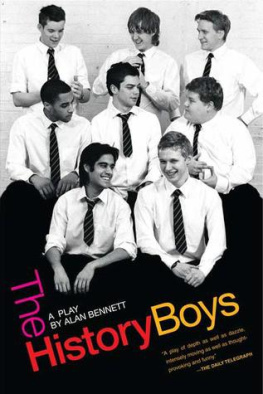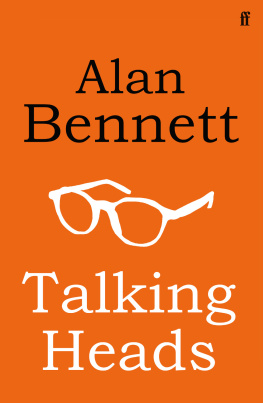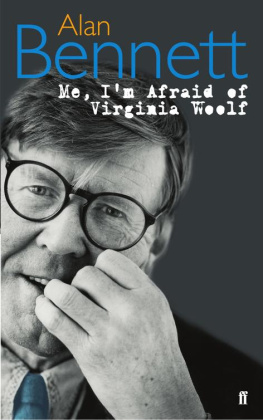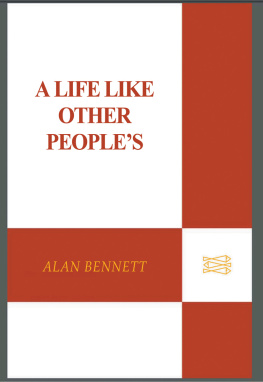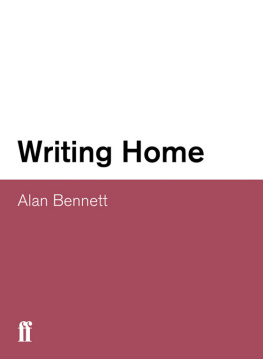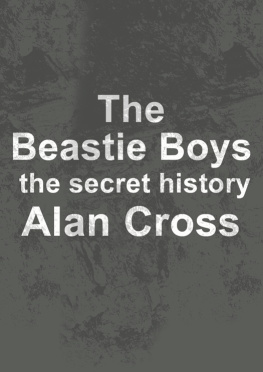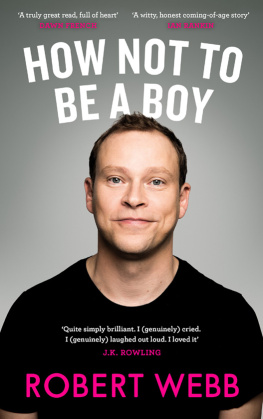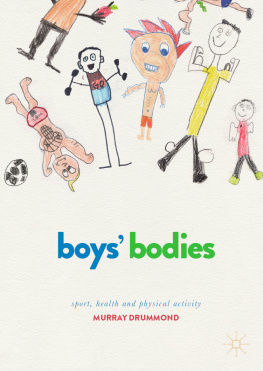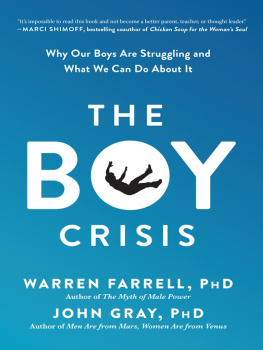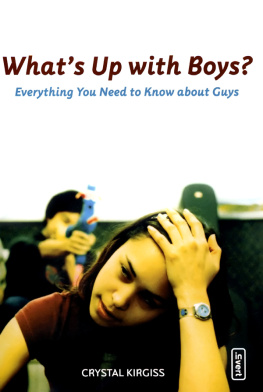I had friends at Magdalen who went through this dialectical de-briefing in their first year and it used to worry me that nothing remotely similar happened at Exeter. Nothing much happened at all until my third year, when in the nick of time I began to get grips with it myself. Still, I never thought of this as a proper education, just a way of getting through the examinations. These considerations have acquired a more general interest as history has become more popular both on the page and on the screen. The doyen of TV historians, Simon Schama, is in a league of his own, and his political viewpoint is not in the forefront, but the new breed of historians - Niall Ferguson, Andrew Roberts and Norman Stone - all came to prominence under Mrs Thatcher and share some of her characteristics. Having found that taking the contrary view pays dividends, they seem to make this the tone of their customary discourse.
A sneer is never far away and theres a persistently jeering note, perhaps bred by the habit of contention. David Starkey sneers too, but I feel this is more cosmetic. None of this posing, though, is altogether new. A. J. P.
Taylor was its original exponent, certainly on television, and was every bit as pleased with himself as the new breed of history boys. Still, with nothing else to put in the frame but his own personality and with no graphics and no film, he had perhaps more excuse for hamming it up a bit. His pleasure at his own technique, the flawless delivery (no autocue) and the winding-up of the lecture to the very second allotted were reasons enough for watching him, regardless of whatever history it was he was purveying. Even with him, though, the paradoxes and the contrari-ousness could get wearisome, certainly in the lecture hall, where I remember nodding off during one of his Ford Lectures. Irwins career path might seem odd. Schoolmaster to TV don is plausible enough, but from lecturing about the Dissolution of the Monasteries to Government spokesperson is a bit of a leap, though there are odder episodes in the early career of Alastair Campbell.
No subject was further from my mind when I began to write the play, and it was only as I sat in on Irwins classes, as it were, that I saw that teaching history or teaching the self-presentation involved with the examination of history was not unrelated to presentation in general. The rehearsals for the plays were unusual in that the eight young actors playing the sixth-formers had to learn not only the parts they had to act but also what they meant. The play is stiff with literary and historical references, many of which, at first reading anyway, meant little to the actors. The early stages of rehearsal were therefore more like proper school than a stage version of it. They read and talked about Auden, a favourite of Hectors in the play (though not of Mrs Lintott). Auden keeps being quoted, so we read and discussed some of his poems and the circumstances of his life.
Hardy was another subject for tutorials, leading on to Larkin much as happens in the last scene of Act One. The First and Second Wars figure largely in the play, as they seemed to do on the classroom walls of the schools we visited to get some local colour before rehearsals started, so the period 1914-45 was also much discussed. I normally get impatient when theres a lot of talking before rehearsals proper start, but with this play it was essential. Maybe, too, it says something about the status of the actor. Half a lifetime ago my first play, Forty Years On, though about a very different sort of school, was as full of buried quotations and historical allusion as The History Boys. Back in 1968, though, there was never any question of educating the score or so boys that made up Albion House School.
We never, that I recall, filled them in on who Virginia Woolf was or put them in the picture about Lady Ottoline Morrell. Sapper, Buchan, Osbert Sitwell - to the boys these must have been names only, familiar to the principal players, John Gielgud and Paul Eddington, but as remote to the rest of the cast as historical figures in Shakespeare. This omission was partly because with only four weeks to rehearse there wasnt time to tell them more, but also because in those days actors were treated with less consideration than they are now, at any rate at the National Theatre. But these early rehearsals with Nicholas Hytner taking the class were a reminder that good directors are often good teachers (Ronald Eyre is another example) and that theatre is often at its most absorbing when its school. Always beneath the play you write is the play you meant to write; changed but not abandoned and, with luck, not betrayed, but shadowing still the play that has come to be. It is to Nicholas Hytner that I owe, among so much else, the idea for the original play, the one I didnt quite write, as it first came to me when I was listening to him being interviewed by Michael Berkeley on BBC Radio 3s Private Passions.
Nick had earlier told me of his schooldays at Manchester Grammar School and how, having a good singing voice, he had sung in a boys choir with the Hall under Barbirolli. I was expecting him to talk about this on Private Passions, but rather to my disappointment he didnt. However, one of the records he chose was Ella Fitzgerald singing Bewitched with its original Moss Hart lyrics, and it occurred to me at the time how theatrical this would sound sung by a boy with an unbroken voice. This in turn took me back to my own childhood when, though I was no singer, I had been very slow to grow up, my own voice still unbroken when I was well past sixteen. So one of the history boys as first written was a boy much as I had been, a child in a class of young men. Nick (whose own voice broke at twelve) thought that these days a sixteen-year-old boy with an unbroken voice was both unlikely and impossible to cast.
This I could appreciate, though at the time I abandoned the notion with some regret. The casting difficulty I can understand, but I dont entirely agree that such late development no longer occurs. Its true that today most children develop earlier, but the few who dont suffer more acutely in consequence, and it certainly still happens. I knew one boy, the son of a friend, who matured every bit as late as I did, though he coped with it much better than me. Looking back, I see those years from fourteen to sixteen as determining so much that I would later wish away, particularly a sense of being shut out that I have never entirely lost. As it is, Posner is the heir to the character I never quite wrote, a boy who is young for his age and whose physical immaturity engenders a premature disillusion.
Watching Sam Barnett playing the part, I wince to hear my own voice at sixteen.
A Note on the First Production
I have not included many stage directions or even noted changes of scene; the more fluid the action the better. The design of the National Theatre production, by Bob Crowley, was of a classroom in a school built in the 1960s, with the scenes in the staff room and Headmasters study achieved by re-arranging the sliding walls. These scene changes were done largely by the boys themselves, under cover of film sequences of life in the school projected on a large video screen above the set proper. These, like the opening shots of Irwins TV series, Heroes or Villains?, were filmed by Ben Taylor. Except for one moment towards the end of Act Two, I have not given details of these video inserts in the script, though they do often help to move the action along: we see Dakin making up to the Headmasters secretary, for instance; Hector coming disconsolately down the corridor after his dismissal; and the start of his final trip on the motor bike.
There is a piano on stage throughout, and this, too, helps to mask the scene change, besides accompanying the film extracts which enliven Hectors eccentric teaching regime. The History Boys was first performed in the Lyttelton auditorium of the National Theatre, London, on 18 May 2002. The cast was as follows:

